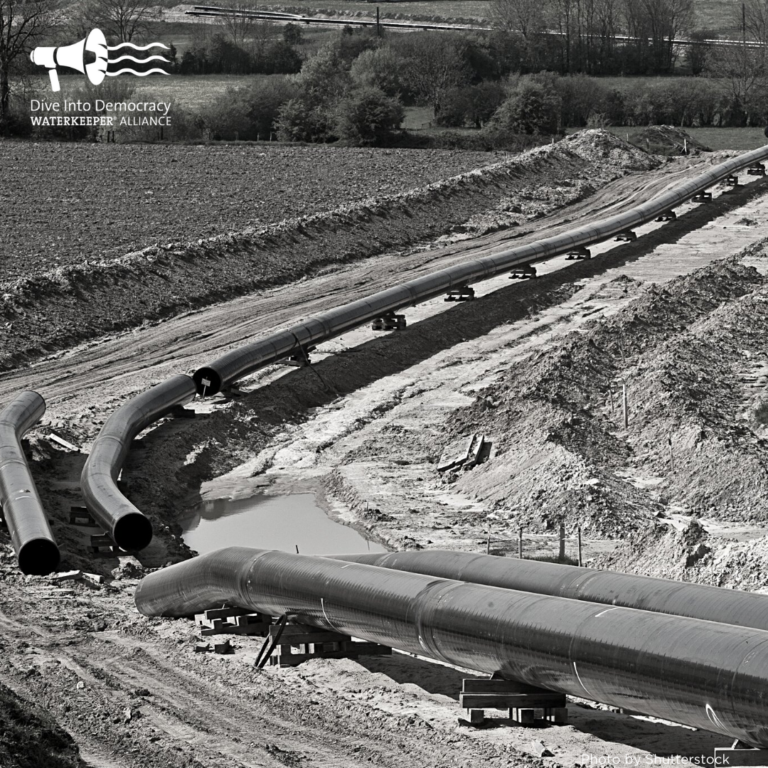It’s Time to Fully Restore the Cornerstone of Environmental Law
By: Thomas Hynes

The National Environmental Policy Act (NEPA), passed in 1970, requires federal agencies to assess any significant environmental impacts a federal action may have before it can begin. This critical law acts as a safety net, a vital backstop to protect communities from uninformed decisions and unsafe environmental conditions. Unfortunately, federal NEPA regulations that had been in place for decades were weakened by the previous administration, leaving countless communities at increased risk to the dangers of pollution.
Recently, the White House Council on Environmental Quality (CEQ), which provides guidance and interpretations of NEPA’s requirements to all federal agencies, issued a proposed rule to restore these safeguards. However, this process has been divided into two “phases,” wherein the first phase restores portions of the regulations, with more substantial corrections coming in a second phase.
Now is not the time for delay. NEPA regulations must be restored immediately to undo the harms of the previous administration’s unlawful rollbacks. CEQ must quickly restore critical NEPA protections as soon as possible.
Will you join us in urging a swift reversal of these unlawful rollbacks?
As the federal government prepares to spend hundreds of billions of dollars on infrastructure projects, it is more important than ever to weigh the true environmental costs of dams, highways, pipelines, industrial animal feeding operations, mines, and other projects that require federal authorization. We cannot afford to simply rubber stamp these massive projects. Every day this law is not properly effectuated is a day polluters can take advantage of communities and threaten the quality of our water resources.
We also must eliminate provisions that obstruct judicial review and create new categorical exclusions for industries that have well-documented and disastrous environmental track records. For example, we must reverse the new 2020 exemptions for federal loans and guarantees for the construction of slaughterhouses and concentrated animal feeding operations (CAFOs), which generate massive amounts of waste, contaminate air, drinking water, and surface waters, and negatively impact the health of people and ecosystems. Without the transparency provided by NEPA’s environmental review, communities may not even be aware of the construction of new slaughterhouses and CAFOs, or the expansion of existing ones, until it is far too late for them to do anything to stop them.
Under previous NEPA regulations, federal agencies were required to assess and make public the environmental impacts of a project before federal funding was approved. The previous administration’s weakening of NEPA rules now effectively keeps the public in the dark.
Restoring NEPA’s regulations will again allow communities to speak up for themselves. Delaying the full restoration of NEPA effectively silences communities while keeping them in harm’s way, whereas strengthening NEPA will bolster environmental justice for countless communities across the country.
CEQ can protect communities now by completing both phases of its proposed rulemaking immediately.